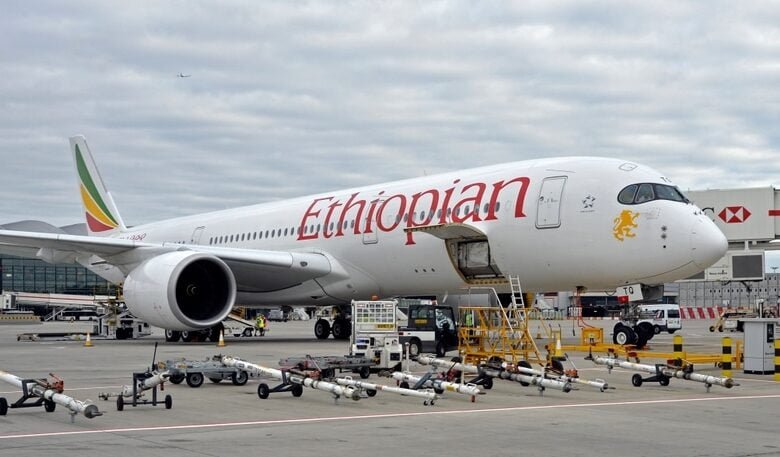
According to a report by the International Air Transport Association, total passenger traffic for all African airlines in 2022 was 89.2% higher than in 2021, with an average load factor for flights of around 71.7%. But while the numbers look good, the report shows that Africa’s share of the global market is about 2.1%. So, what can be done? Moussa Bassoum is a former Air Afrique employee. He says the problem is deep, but the potential remains huge. « The African continent has great prospects and, according to forecasts, will have a larger middle class in the coming years. These are people who will travel a lot, » he says.
But he believes it is important for African airlines to tackle the real problems plaguing the aviation sector now if they are to capture these markets. The truth, » he says, « is that intra-African routes are poorly served, unreliable and very expensive. Niamey-Abidjan is almost the equivalent of Niamey-Paris. In the past, to get from Guinea to Zimbabwe, for example, some people often had to go via Paris. These problems still exist on certain routes, » he laments. Yaré Fall, a specialist in air transport, is categorical. He believes it is vital for countries to work towards the success of the Single African Air Transport Market (SAATM).
The Single African Air Transport Market will facilitate the economic development of our countries
Sidy Guèye, CEO of ANACIM
Launched by the African Union on January 28, 2018 in Addis Ababa, during the 30th ordinary session of the Assembly of Heads of State and Government, the project aims to liberalize and unify African airspace. But for consultant Yaré Fall, the reason the project is still lagging behind is that some signatory states are refusing to open their routes to other airlines from the continent.
Sidy Guèye, Director General of ANACIM, says airlines need to work together to exploit the market. For him, this means cooperating on inter-African routes and signing mutually beneficial trade agreements. « There can be no development of air transport without adequate infrastructure. The single African air transport market will facilitate the economic development of our countries, an inevitable step towards integration, which is the natural conclusion of the existence of a single African market for air transport services. »
Ending excessive taxes and fees
For Yaré Fall, there is a lot of work to be done if air transport is to take off in Africa. For example, he points out that « the taxes, fees and charges that African airlines levy on tickets make prices unaffordable. But by integrating airlines and harmonizing taxes, not only will there be a better network, but ticket prices will be much more competitive, » he said. In Gabon, for example, a new tax called the « passenger fee » has been approved in the 2023 Finance Bill. It provides for the introduction of a tax to be collected by airlines and ticket-issuing companies from passengers on commercial flights to or from Gabon. According to a report by the International Air Transport Association, Niamey charges passengers $162 for regional departures to African countries, Monrovia charges $145, Bissau $137, Dakar $116, Bangui $111…
Yaré Fall believes the solution is within reach. He believes that harmonizing certain tax rules would encourage airlines to pay more attention to the African market. « I know of several airlines that are seriously working on direct routes between African countries. But it’s important that everyone follows suit so that we can have an impact on ticket prices, » he says.






